A special thanks to Lana Light for letting us share her images with you for this article.
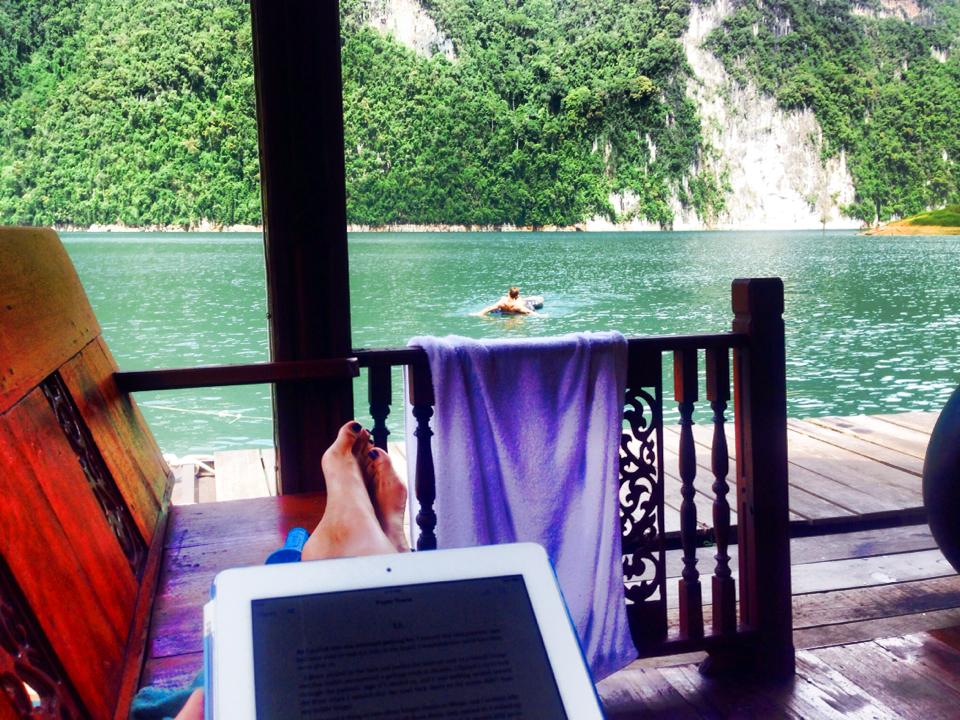
Since beginning my life as a digital nomad – almost a year ago already – I’ve received a lot of lovely emails from aspiring nomads, who are interested in the lifestyle but have concerns about finances.
For those unfamiliar with the term, being a digital nomad is about working remotely from anywhere in the world while still making a good living.
Digital nomads are usually freelance designers, web developers, social media experts, marketing gurus or entrepreneurs, but you’re definitely not limited to those options.
In this post, I will elaborate on the digital nomad lifestyle and try to convince you take the plunge yourself.
Picking Your Destinations
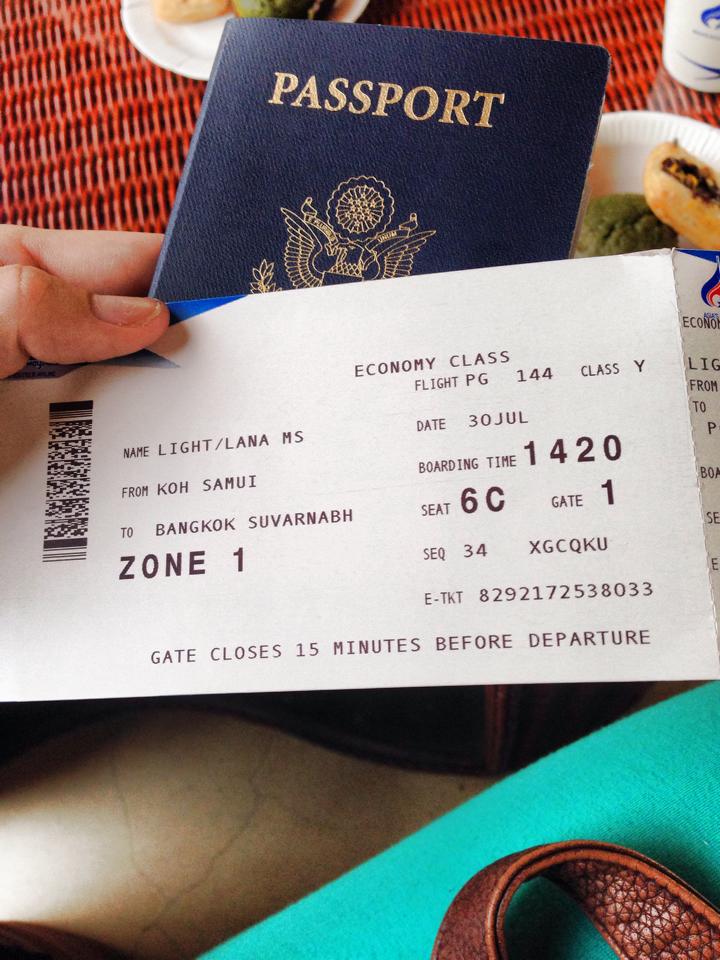
In the first few weeks of your trip, you might not have any income at all.
I would not recommend that you start your journey without any savings behind you, and I would suggest that you start in a country with a low cost of living. Eastern Europe and South-East Asia are two spectacular regions of the world to visit, and many nomads actually choose to stay there after.
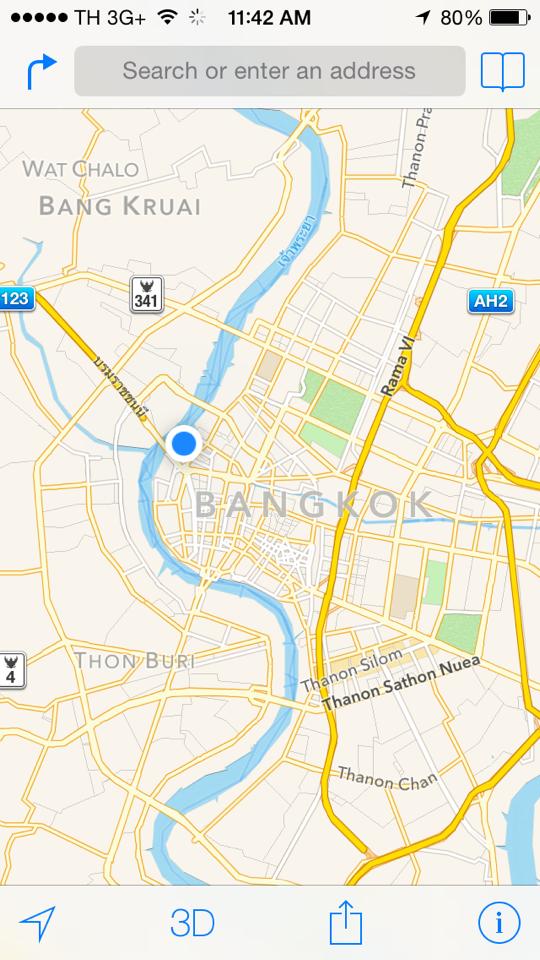
Bali (Indonesia) and Chiang Mai (Thailand) are two stunningly beautiful destinations that many digital nomads claim to be two of the most suitable locations, taking into account fast wifi speeds, cost of living, quality of living and scenic beauty.
It’s important to remember that cheap does not mean hideous!
Don’t Blow It All On the Flights
Depending on where you are in the world, flights can be expensive. Play it smart; use Skyscanner to find the cheapest imaginable flight to your ideal destination within the next year or so, and that will be the date that your new adventure unfolds. Prices of airfares can half or double from one day to the next so make sure that you do your research first!
If your ideal destination is far away, you can split up the long-haul flight into several smaller trips. The airfare costs will be roughly the same, and you’ll have more adventures along the way.
For instance, Flying from London to Papua New Guinea (for some reason, my ideal location) would be quite lavish, but you could spend time in Europe or Asia first and then consider making a cheaper trip to Papua New Guinea from there.

Stay Put For At Least a Month
Moving around too often will only cost you more money in flights, and as we might often forget, costly airport transfers as well.
Airbnb hosts will usually offer a discounted monthly rate and occasionally their own airport transfer. I recommend choosing a centrally located spot – somewhere in the city to avoid travel costs. Not to mention, you’ll enjoy working from local bars and restaurants, which again are sometimes no more expensive than eating at home.
Live Like a Local, Eat Like a Local
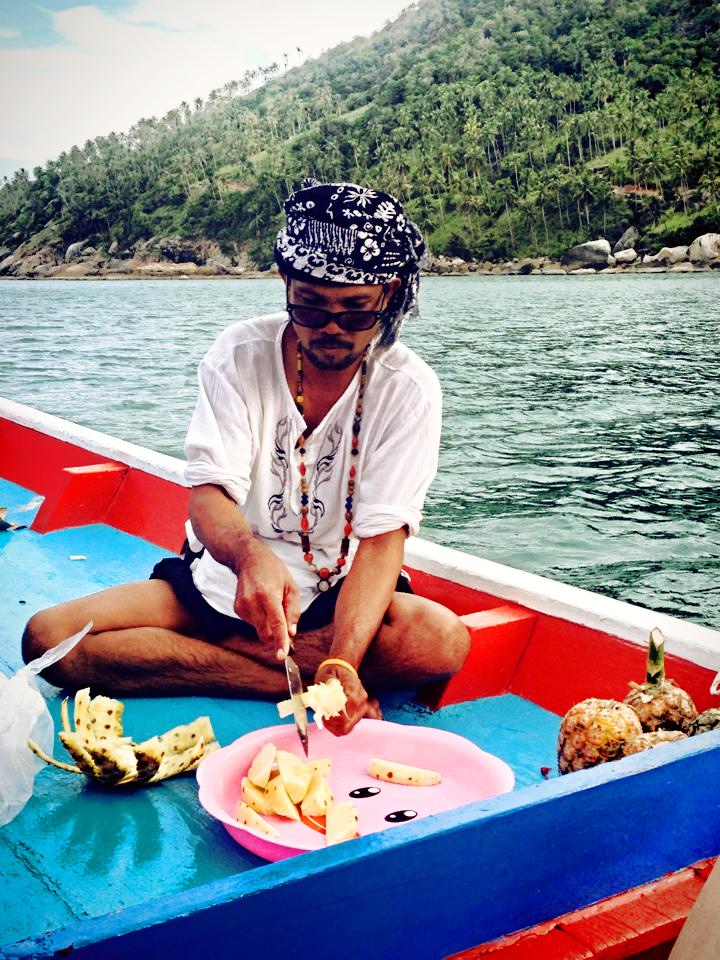
Don’t be boring; live like a local.
If you come from North America or Great Britain especially, you’ll find disappointment in the fact that most other countries eat better than you, and that it’s quite costly to buy ready made meals.

Instead, eat what they eat; after all, if you’re not willing to try new things you may as well not be traveling at all.
Split the Costs by Traveling in Groups

Not only is it safer to travel in groups, but you can also save a few bucks by splitting the cost of an apartment rental. Most apartments, even those with only one bedroom, often come with a secondary couch or mattress which, if you are traveling alone, you wouldn’t be using.
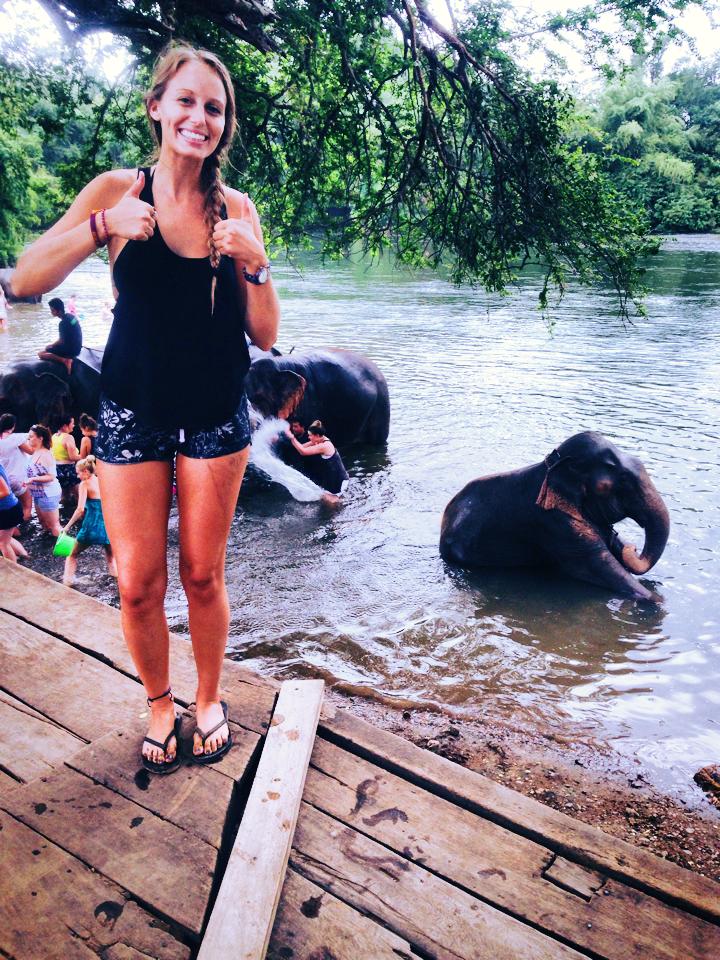
Naturally you can save money by sharing taxis too, but as well as that, many tourist attractions and other cultural experiences (elephant riding in Thailand springs to mind!) offer discounts if you can convince a buddy (or several) to do it with you.
Trade Your Epic Skills For Basic Needs
Couchsurfing has a bad reputation, but for digital nomads it’s a lifestyle. It doesn’t have to be unpleasant. In fact there’s a very useful website that can connect you with couches all around the world.
In a true couchsurfing fashion, your host can show you the town, offer you lifts to touristy areas and even accompany you to dinner.
You can return the favor by bartering your skills, instead of paying money; something that’s even more commonplace for those who stay in low-budget hostels.
Non-techie surfers usually apply to help with cleaning or hostessing, but you can totally extend your skills as a web designer or social media expert, for example, in exchange for a free room. It’s a lot more commonplace than you might think!
Bonus Tip: When to Quit Your Job
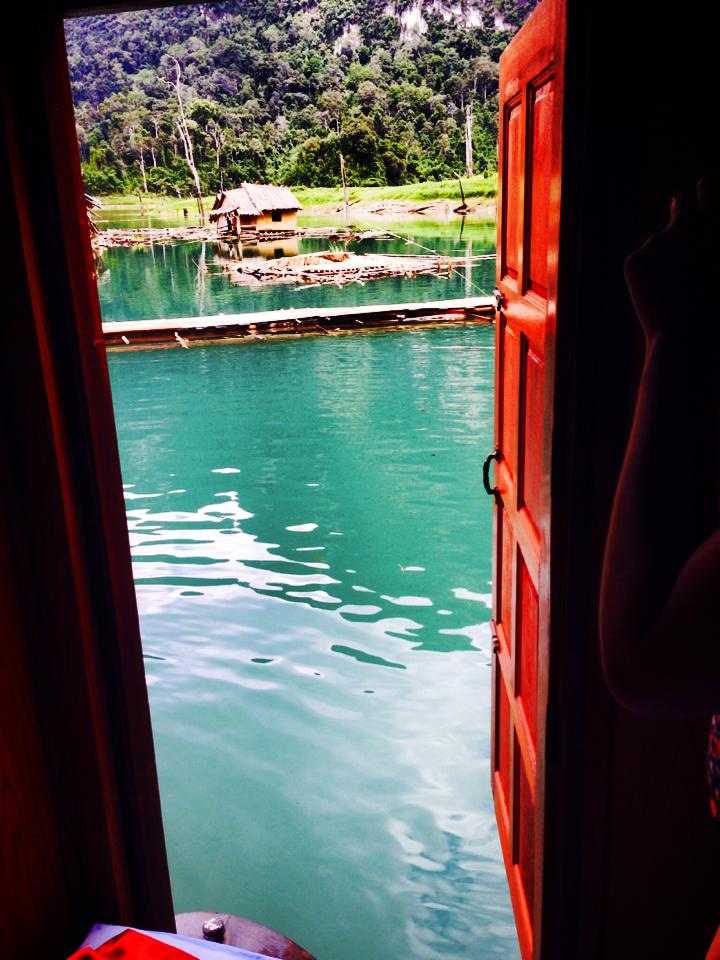
As I mentioned already, you absolutely must save up some money before you decide to do this – just in case.
Also, a little fact that you’ll almost always overlook is that if you don’t earn enough money during the annual tax year, at least in some countries, you’ll be entitled to claim some tax back.
Make sure to quit right before you hit that threshold (which is around £11,000 in the United Kingdom, $11,000 in Canada and $18,000 in Australia), and you’ll receive a surprising check months later!
Conclusion

Being location independent isn’t as hard as you might think.
Now that we’ve talked about ways that we can save money as a digital nomad, it’s time to talk about how we can make money as a nomad.
Stay tuned for the next article in the series.
If you have any specific questions about being a digital nomad, mention it in the comments below, and I’ll happily answer, or even elaborate on the subject in a future article.
 Daniel Schwarz
Daniel SchwarzPreviously, design blog editor at Toptal and SitePoint. Now Daniel advocates for better UX design alongside industry leaders such as Adobe, InVision, Marvel, Wix, Net Magazine, LogRocket, CSS-Tricks, and more.


